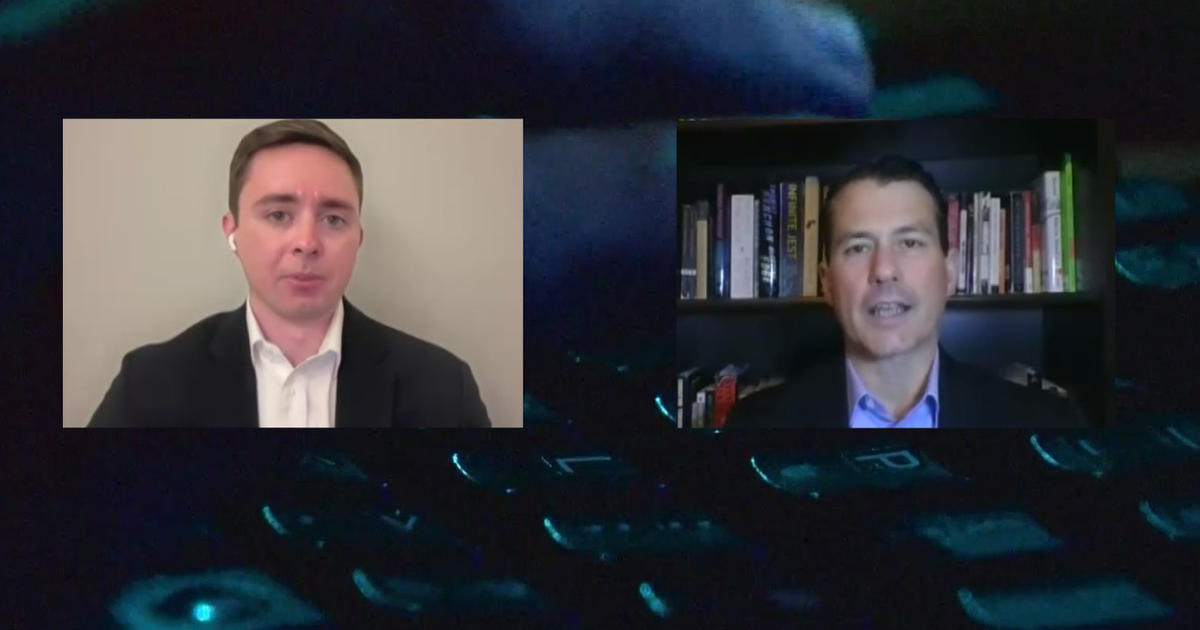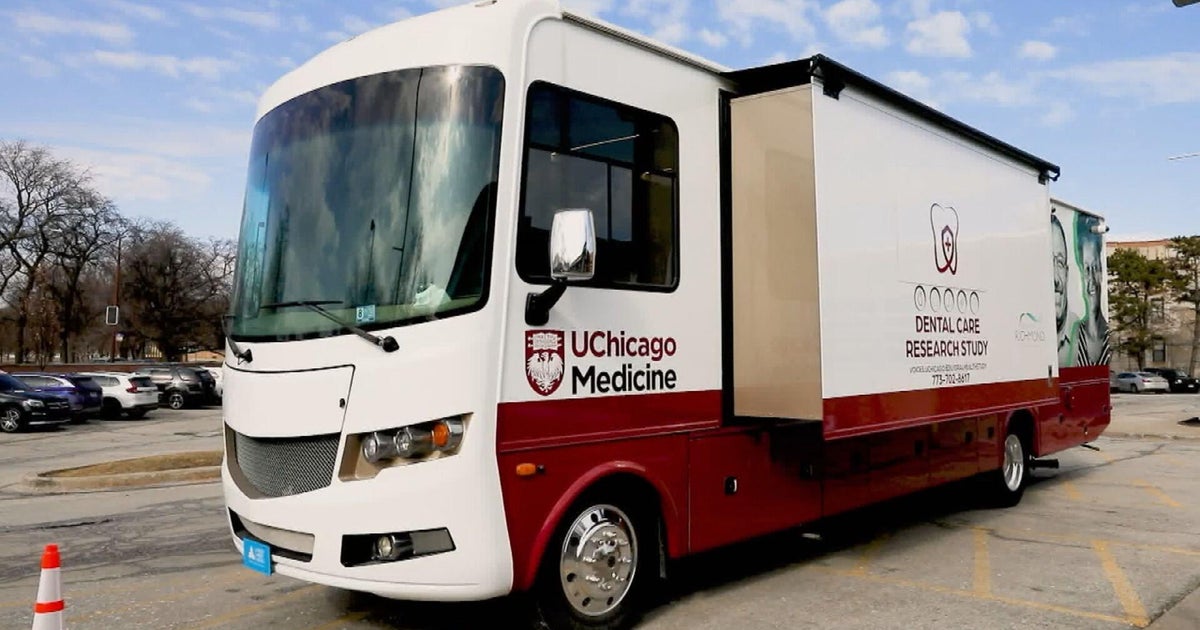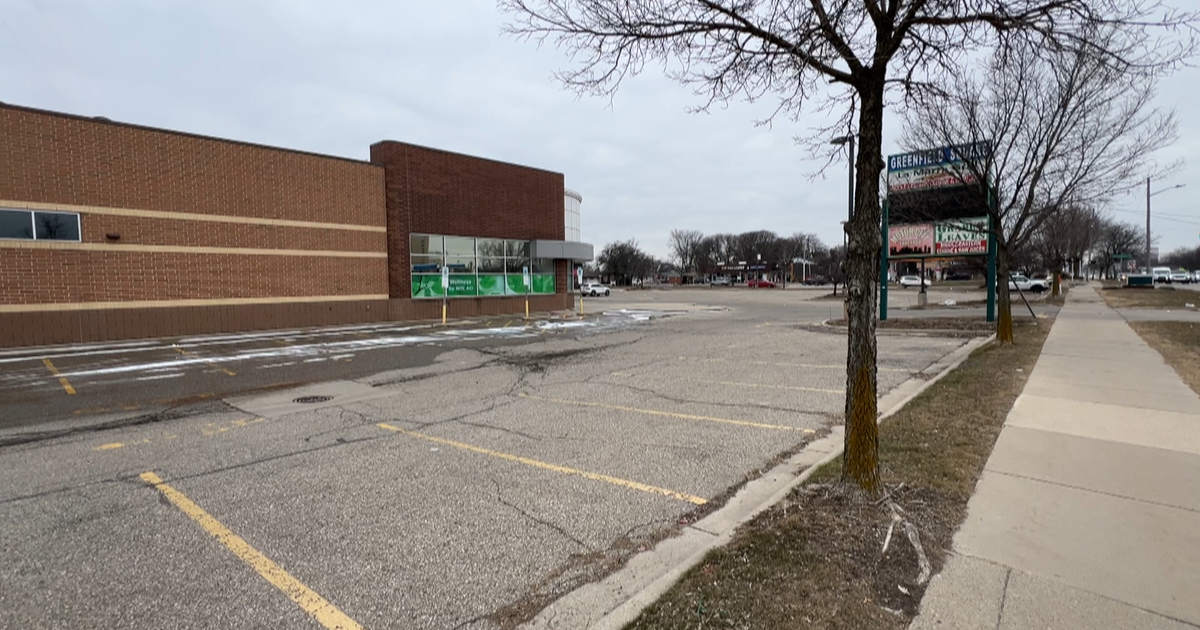PovertyCure Launches Web Site Championing Creative Potential of the Poor
GRAND RAPIDS -- PovertyCure, a nonprofit championing the use of the church, private enterprise and entrepreneurship to solve poverty, has launched a new Web site at povertycure.org
The organization said the new site champions the creative potential of the poor and seeks to unleash the entrepreneurial spirit of the developing world.
Hundreds of millions of people still live in extreme poverty around the world. For the last 60 years humanitarian efforts have emphasized wealth redistribution and government-to-government transfers of foreign aid. But an increasing number of people in developing countries are growing disillusioned with aid. PovertyCure's more than 100 organizations are seeking to shift the emphasis from aid to enterprise, from poverty alleviation to wealth creation and from Western paternalism to partnerships.
The Povertycure.org website includes a "Voices" page that features video shorts of influential development experts like Oxford's Paul Collier, Harvard's Marcela Escobari, Peruvian economist Hernando de Soto and Ghanaian economist George Ayittey. It has "Voices" of entrepreneurs, small business owner and political and religious leaders fighting poverty on the grass-roots level.
The PovertyCure Web site allows visitors to study a variety of Issues connected to poverty and development, watch and link to video shorts, follow conversations on Facebook and Twitter, contribute to the discussion, and plug one's organization into the network as a Partner and begin networking with like-minded charitable and entrepreneurial organizations. A video curriculum and documentary are in the works.
While PovertyCure is open to people of all faith traditions, its statement of principles is rooted in a Judeo-Christian understanding of the human person and the world.
"Human beings are made in the image of God, which means they possess an inherent dignity and worth and creative capacity," says Michael Miller, a spokesman for PovertyCure and a research fellow at the Acton Institute. "Some of our partners are secular organizations; some are Christian organizations. There's a lot of diversity among us, and we don't agree on everything, but we're united in recognizing that the poor are not mere consumers; they're also creators. Once you get this it changes everything about how you approach development. PovertyCure wants to shift the focus from economic assistance to economic freedom for the poor."
"PovertyCure emphasizes that in the long run, sustainable development and supplies of food, clean water, healthcare and education are created by local wealth-creating economies, not from more aid or the next celebrity campaign," Miller said. "The poor countries that have flourished and moved out of poverty have done it primarily through enterprise and freedom, by being connected to networks of productivity. History is quite clear on this. If the poor have property rights, if they enjoy the rule of law, if they have the freedom to start a business -- if justice in their society isn't only for the rich and well-connected -- if the poor themselves are connected to global markets, they can create wealth for themselves and their families and rise out of poverty. That's sustainable development."
PovertyCure is encouraging other organizations that share's its vision to join the Partner Network and support the initiative through their websites, email blasts, blogs and social media.
Visit PovertyCure online at www.povertycure.org and watch the promo video. Visit the blog or follow the discussion on Facebook and Twitter.







